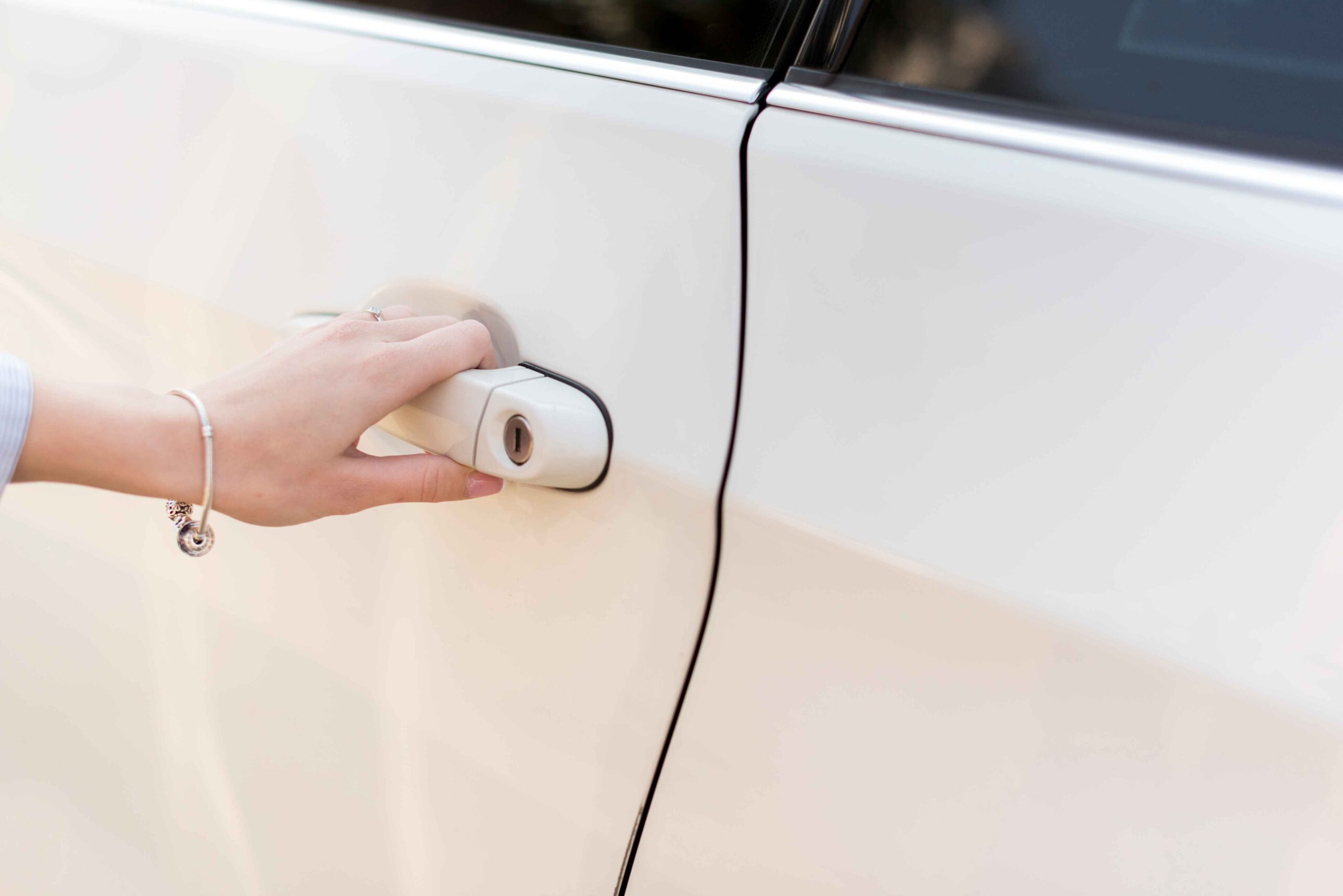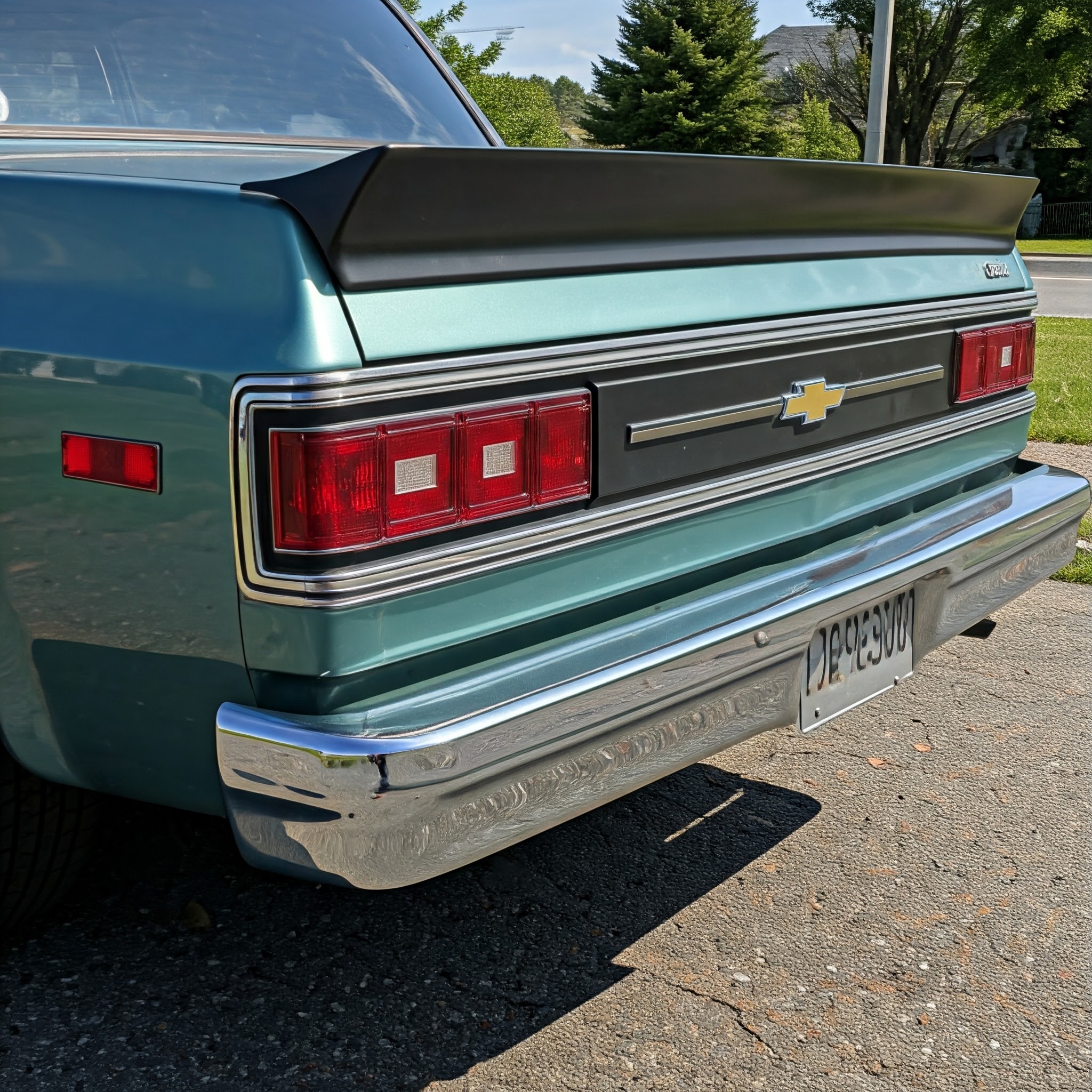Cars, like any other machines, communicate with their owners through various signs and symptoms. Ignoring these signals can lead to costly repairs and potentially dangerous situations. Here are seven car warning signs what your car is trying to tell you, and why you shouldn’t ignore them!
1. Warning Lights on the Dashboard
The most obvious way your car communicates is through warning lights. Whether it’s the check engine light, oil pressure light, or battery alert, each light indicates a potential issue. Don’t dismiss them as mere annoyances. Make it a habit to check your owner’s manual and address any car warning signs promptly to avoid more significant problems.
2. Unusual Noises
Strange sounds can signal various issues. A high-pitched squeal might indicate worn-out brake pads, while a grinding noise could mean something is amiss in the transmission. If you hear knocking, rattling, or any other unfamiliar sounds, it’s time to have a mechanic take a look before it escalates into a more severe issue.
3. Vibration or Shaking
If your car starts shaking or vibrating while driving, it could be a warning signs of unbalanced wheels, alignment issues, or even problems with the suspension. This kind of behavior not only makes for an uncomfortable ride but can also lead to safety concerns. Don’t ignore the shake—get it inspected.
4. Fluid Leaks
Puddles of liquid under your car can be alarming. Different colors and consistencies can indicate various issues. For example, red fluid could be transmission fluid, while green might be coolant. Even clear water (condensation) can signify an issue if it’s excessive. Addressing leaks early can prevent major repairs down the line.
5. Poor Fuel Economy
If you notice that your fuel tank empties faster than usual, it might be a warning sign of an engine issue or a problem with your fuel system. Decreased fuel efficiency can result from dirty air filters, failing spark plugs, or even tire pressure problems. Keeping an eye on your gas mileage can help you identify underlying issues before they become serious.
6. Difficulty Starting the Engine
If your car struggles to start or makes a clicking sound when you turn the key, it could indicate a dying battery, faulty starter, or ignition problems. Addressing this issue early can save you from being stranded and needing costly repairs or a tow.
7. Changes in Handling or Steering
If your steering feels loose or your car pulls to one side, it could indicate alignment issues or problems with your tires. Changes in handling can affect your safety and overall driving experience. If you notice any changes or any warning signs, it’s crucial to have your car checked to avoid losing control on the road.
Conclusion
Your car is an essential part of your daily life, and paying attention to your car as what is trying to tell you can save you time, money, and stress. If you notice any of these car warning signs, don’t hesitate to seek professional help. Regular maintenance and timely interventions can keep your vehicle running smoothly and ensure your safety on the road. Remember, it’s better to address small issues before they develop into major headaches!







